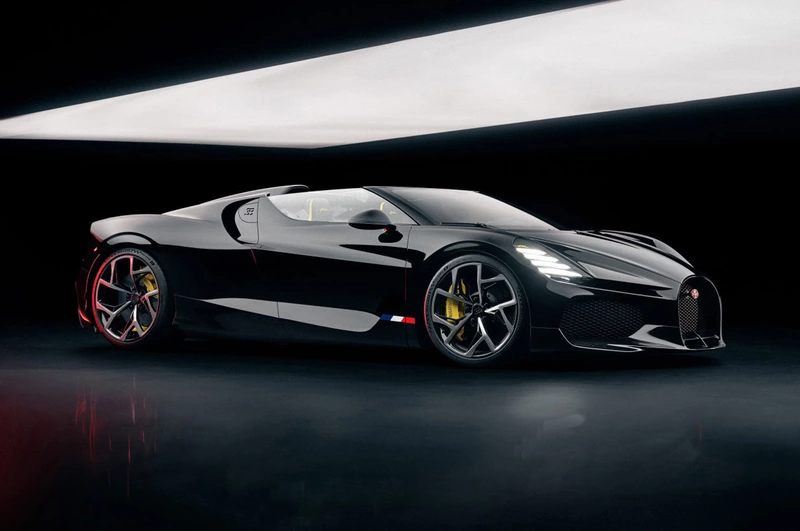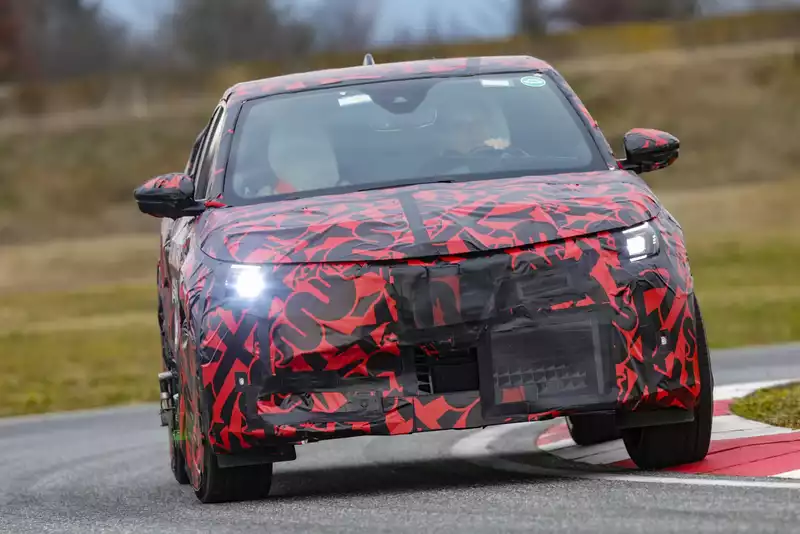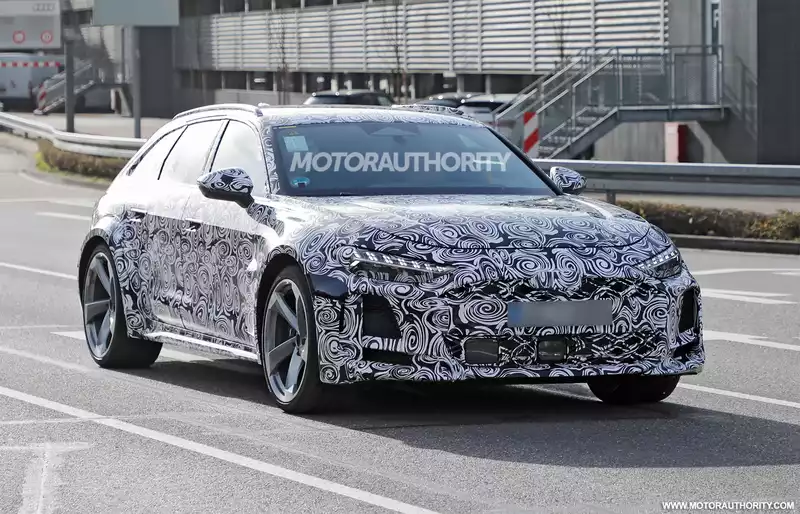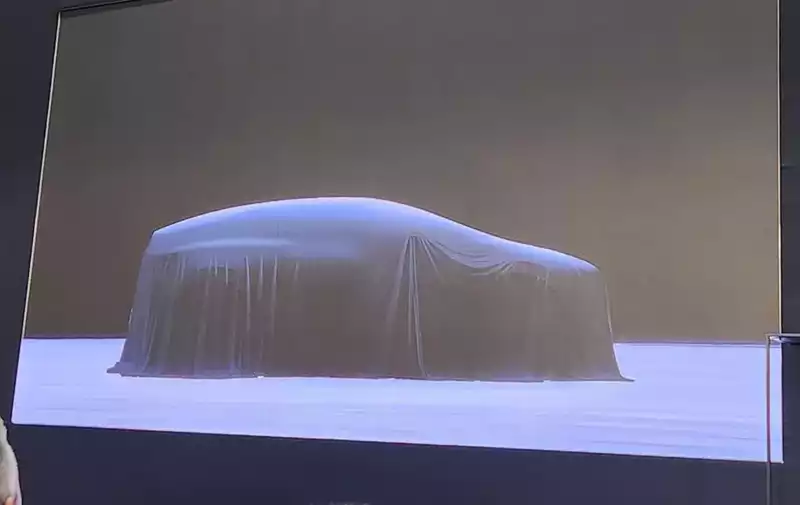Bugatti's Mistral roadster has a top speed of more than 261 mph

Bugatti is nearing completion of the last of the Chiron and will then begin production of the Mistral, a roadster that will share a platform with the Chiron and will be Bugatti's last car to be powered by the quad-turbo 8.0-liter W-16 engine first used in the Veyron almost 20 years ago The company plans to.
Bugatti premiered the Mistral at the 2022 Monterey Car Week in August and announced Thursday that the car can exceed 261 mph in top speed mode (the upper speed limit of a regular Chiron).
The Mistral will be powered by the same 1,578-hp version of the W-16 that is available for special models such as the Chiron Supersport 300+ and for low-volume Chiron-based cars. In other words, the Mistral will likely reach speeds much higher than 261 mph, just as the Chiron Super Sport 300+ reached 304.8 mph in 2019.
Bugatti has stated that it plans to set a land speed record for open-top production cars with the Mistral. The record is 265.6 mph, which Hennessey set in 2016 with the Venom GT Spyder, and Hennessey also appears to be trying to break that record with its new 1,817 hp Venom F5 Roadster.
According to Bugatti, stabilizing the Mistral at such speeds is more challenging than in the fixed-roof Chiron Supersport 300+. According to Emilio Scervo, Bugatti's chief technology officer, it is important to control the airflow to achieve optimal cooling and aerodynamic balance while maintaining an elegant appearance.
The solution includes an extended front splitter, aerodynamic underbody elements, and an active rear wing that sits flush with the body when not in use. The new geometry allows the engine radiator to be fully fed through one central intake, while the two side intakes can focus solely on feeding the intercooler.
The headlights also have intakes, designed to direct air flowing through the car and behind the headrests to the engine. Air flowing under the car is guided by channels ending in the rear diffuser.
Bugatti will build 99 cars, each priced at 5 million euros ($5.07 million). Deliveries will begin in 2024, and all production slots have been reserved.




